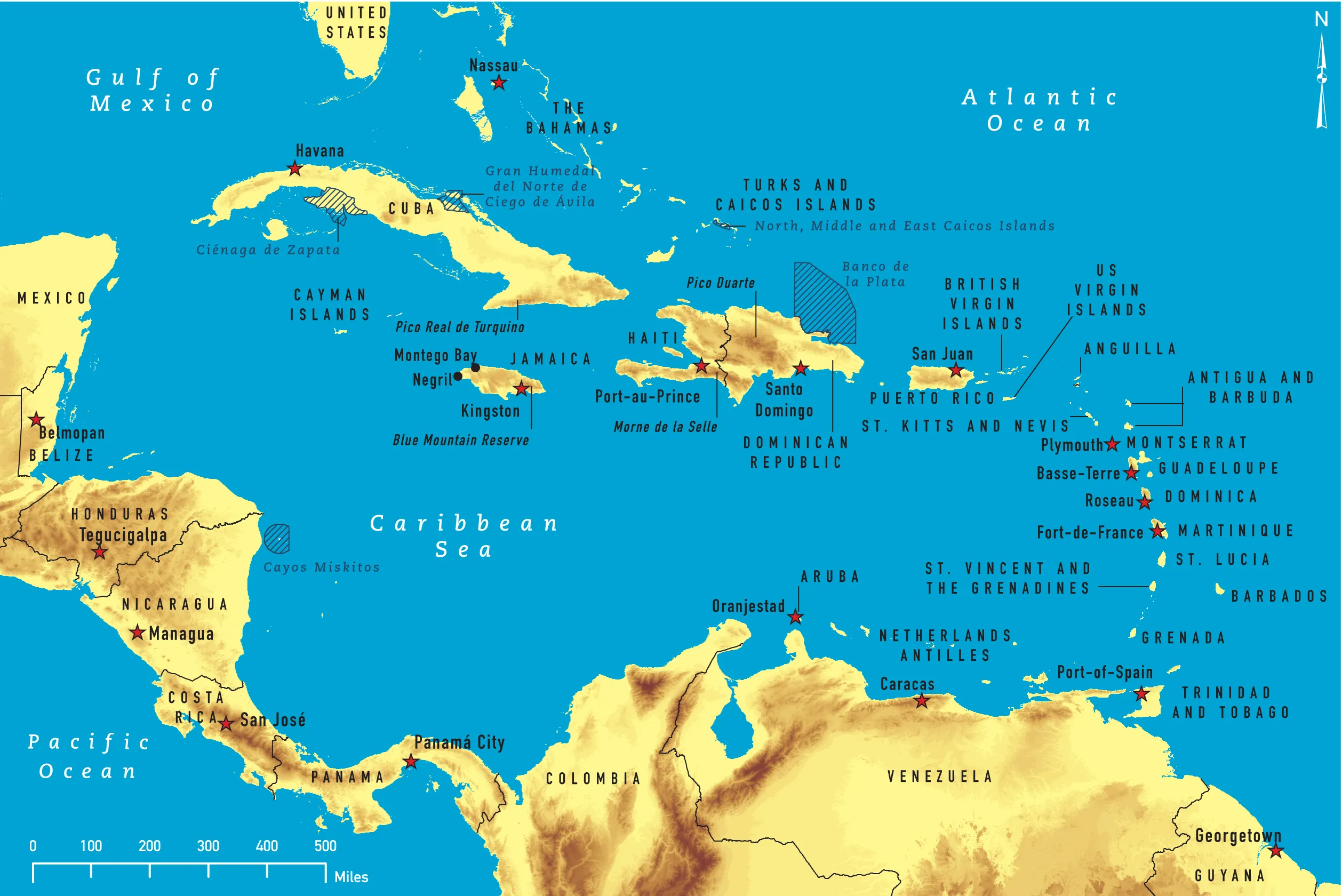Venezuela and Cuba have inked a new agreement for their state-run oil firms, Pdvsa and Cupet, to collaborate.
They aim to boost joint efforts in energy research and development.
Official reports say the deal covers many areas. These include oil exploration, production, and refining. Petrochemical projects are also part of the plan.
Carlos Canelón leads Intevep S.A., a Pdvsa subsidiary. He stressed the deal’s importance. Both nations face barriers in accessing foreign tech.
So, the agreement encourages local solutions. “We’ll use our own technologies to ensure stable oil production and refining,” he said.

Isis Dávila Rodríguez is the Technical Director of Cupet. In an interview, she outlined the benefits.
The focus is on enhancing product quality and safety. Labs will also share best practices. “Our shared goal is to boost market value through innovation and quality,” she stated.
In summary, both countries are hopeful. They believe the deal will deepen their energy research ties and foster tech advancements.
Background
The Venezuela-Cuba oil deal comes at a crucial time. Global geopolitics affect access to energy tech and resources.
Many countries are seeking alliances for stable supply and innovation. This partnership is an example.
Both nations have faced economic sanctions. The deal could serve as a lifeline. They aim to lessen their dependence on foreign tech by pooling resources and know-how.
The agreement also has a strategic angle. Venezuela boasts one of the world’s largest oil reserves.
Cuba, on the other hand, has skilled scientists and researchers. Together, they can achieve more than they would alone.
This collaboration might encourage other deals in the region. A successful partnership could become a model.
Neighboring countries may also explore similar paths. Unity in energy could foster overall economic stability.
Yet, challenges remain. Regulatory hurdles and tech limitations could slow progress. Thus, careful planning and execution are vital.

